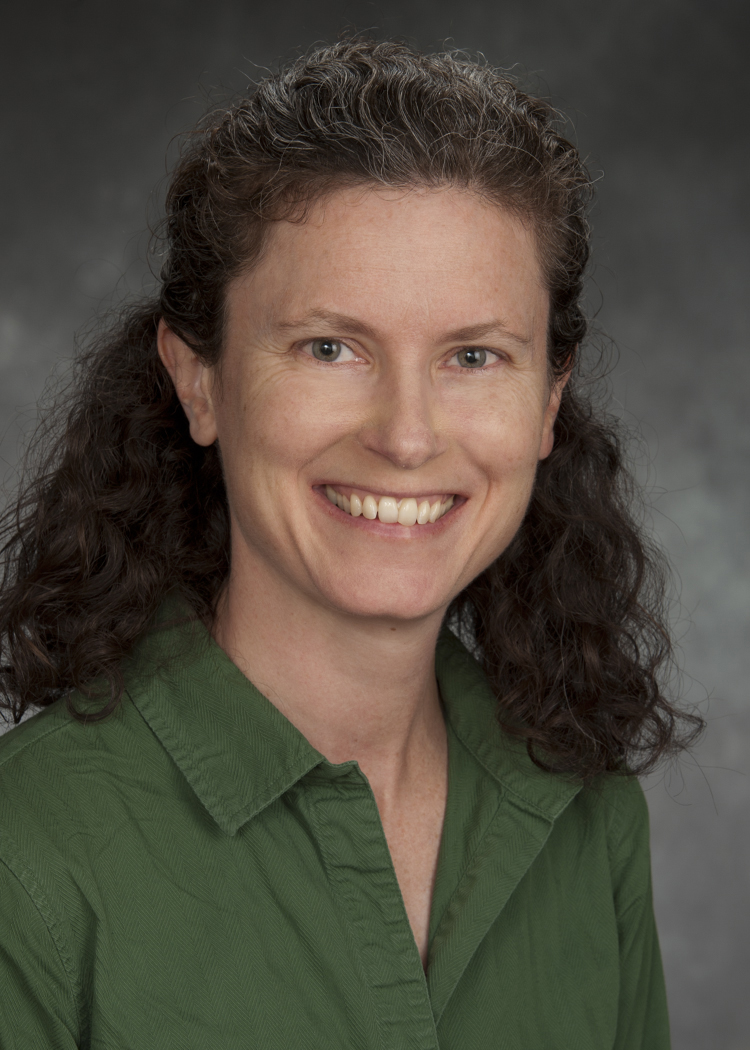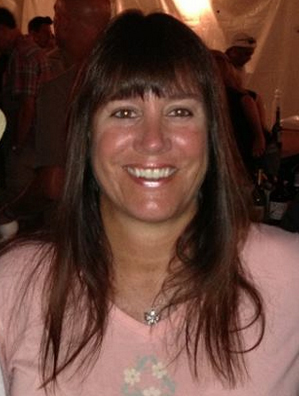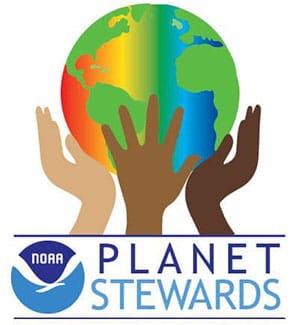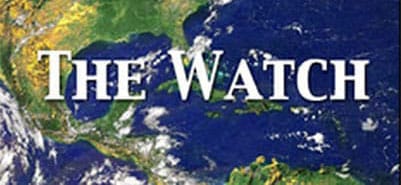Too Hot to Handle: Climate Change Education - Not Just For the Science Classrooms
Why is teaching about climate change so often limited to the natural science context? In their presentation Drs. Kumler and Vosburg-Bluem suggest that learning about climate change from a social science context provides new opportunities to engage learners. For example, you might have learners address the question of why climate change is such a hot potato political topic. Students can examine documents such as national political party platforms, candidate speeches, and media articles to address this question. Within the social sciences learners can also examine the historical implications of how we came to this global tipping point and how we can use the past to more critically examine our current and future decisions and actions. What is OUR role as environmental citizens both locally and globally? In this broadcast the presenters addressed reasons why and how you can approach climate change using politics, geography, economics, or history. They also discussed how the social sciences provide useful insights into student participation beyond typical approaches such as individual tree planting, changing transportation modes, or installing energy efficient devices.

Lori Kumler
At the time of this broadcast Lori Kumler was an Assistant Professor of Political Science and International Studies at the University of Mount Union in Alliance, Ohio. Her research interests include civics education, environmental policy, and climate change in social studies education.
After teaching high school social studies for nearly a decade in the United States, Lori taught in Rio de Janeiro where she discovered the concept of sustainability and rekindled her passion for the environment. Brazil’s contrast of rich natural beauty and limited human development led her to undertake graduate studies at the University of Michigan where she earned an M.S. studying Brazilian water policy followed by a Ph.D. in Resource Policy and Behavior. Dr. Kumler’s research in Brazil focused on the implementation of Brazil’s 1997 Water Law in the Paraíba do Sul Watershed. Returning to Brazil, she interviewed dozens of stakeholders, water managers, and water users as she traveled throughout the basin. Brazil’s water law has provided a unique opportunity for sustainable management of its water resources, where the new policy has led to significant investment in watershed recovery.

Bethany Vosburg-Bluem, PhD
At the time of this broadcast Bethany Vosburg-Bluem, PhD, was a social studies and teacher education professor at Otterbein University in Westerville, Ohio. Prior to being in higher education she taught secondary Social Studies for 14 years. She earned a B.S in Psychology, her Secondary Social Studies Certification and a M.Ed degree from Wright State University in Dayton, OH, then went on to explore her interest in the natural world by earning her PhD in Social Studies and Global Education from The Ohio State University in Columbus, OH. Her dissertation: Civic Sustainability Thinking: The Synergy between Social Studies and Educating for Sustainability focused on exploring what role social studies, with its expansive reach and interdisciplinary disposition, could play in addressing the increasingly complex and dynamic economic, environmental, political and social issues facing our world today and in the future. Her research and teaching interests have included the intersection of systems thinking, climate change and social studies education with an emphasis on the application of the National Council for the Social Studies (NCSS) Career, College and Civic (C3) Framework introduced by the National Council for the Social Studies. She has co-editing a multi-author NCSS Bulletin titled, Creating a Sustainable Future: What Role Can Social Studies Inquiry Play?
Resources
Greenhouse Emissions Reduction Role-Play Exercise
In this activity students take the roles of players in the climate change policy debate i.e. politicians, scientists, environmentalists, and industry reps. Students must take a position, debate with others, then vote on legislation designed to reduce greenhouse gas emissions in the United States.
More great education resources integrating social sciences with climate change for the classroom.
A Collection of Educational Resources on the Social impacts of Climate Change.


Social